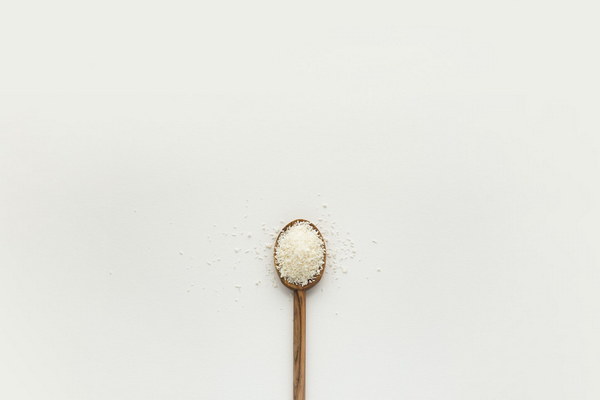The Chinese Health Myth Unveiling the Deceptive Practices Targeting the Belief in Traditional Remedies
In recent years, the allure of traditional Chinese medicine (TCM) and its supposed health benefits has spread like wildfire, captivating millions of individuals, especially those in China. However, amidst the plethora of remedies and practices, there lies a dark side: deceptive and fraudulent methods that specifically target unsuspecting Chinese consumers. This article aims to shed light on the common health myths and practices that exploit the trust in TCM, leaving many individuals in search of genuine solutions to their health issues.
1. The Power of Miracle Herbs
One of the most pervasive myths is the belief in the power of miracle herbs, which are claimed to cure a wide range of ailments. From the miracle ginseng to the infallible goji berries, these herbs are marketed as a quick fix for everything from fatigue to cancer. However, the reality is that these claims are often unfounded and unproven. Many of these herbs may have health benefits, but they are not miracle cures. Consumers are advised to consult with healthcare professionals before relying on these remedies, as some may even be harmful.
2. The Curative Power of Ancient Remedies
Another common misconception is the belief that ancient remedies are more effective than modern medicine. While it's true that some traditional practices have stood the test of time, this does not necessarily mean they are superior. Many ancient remedies are based on unscientific theories and have not been subjected to rigorous testing. Furthermore, some practices may even be dangerous. For example, the use of lead and mercury in ancient TCM remedies has been linked to severe health complications.
3. The Dangers of Herbal Supplements
The term herbal is often used to imply that a supplement is safe and natural. However, this is not always the case. Many herbal supplements on the market contain harmful substances, such as heavy metals and toxic plants, which can cause serious health issues. Moreover, the quality and purity of these supplements are often questionable. Consumers are encouraged to be cautious and research the products they purchase, as well as consult with healthcare professionals.
4. The Misconceptions About Acupuncture

Acupuncture, a key component of TCM, is believed by many to be an effective treatment for various conditions. While some studies have shown that acupuncture can be beneficial for certain conditions, such as chronic pain, the evidence is not conclusive. Furthermore, some practitioners may not have the necessary training or qualifications to perform acupuncture safely. Consumers should be aware of the potential risks associated with acupuncture and seek out reputable practitioners.
5. The Prevalence of Fake TCM Products
The TCM market is rife with fake and counterfeit products, which can pose significant health risks to consumers. From fraudulent herbal remedies to unsterile acupuncture needles, these products are often of poor quality and can lead to adverse reactions. It is crucial for consumers to purchase TCM products from reputable sources and ensure that they are genuine and safe.
In conclusion, while traditional Chinese medicine has its merits, it is important to recognize the dangers and health myths that surround it. Consumers should be wary of miracle cures, ancient remedies, and herbal supplements that promise instant healing. Instead, they should seek advice from healthcare professionals and rely on evidence-based treatments to address their health concerns. By doing so, they can ensure that their well-being is not compromised by deceptive and fraudulent practices.









